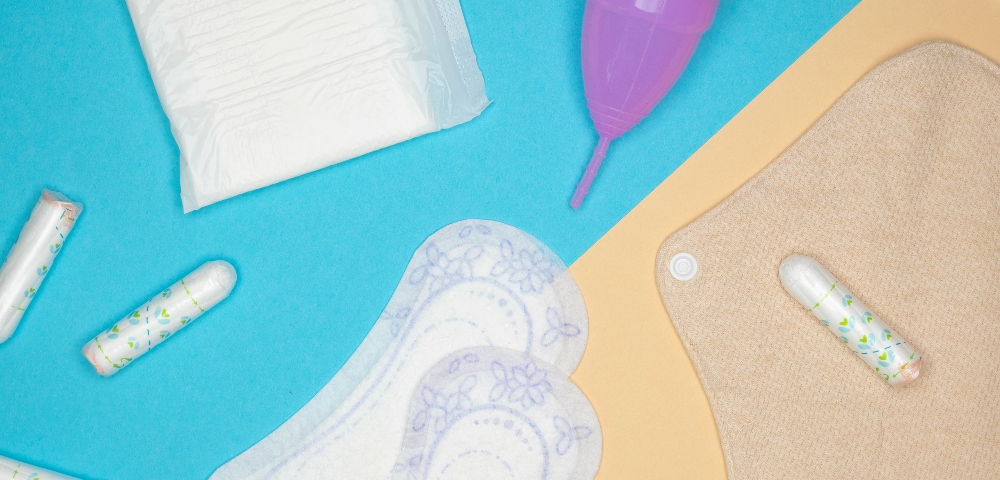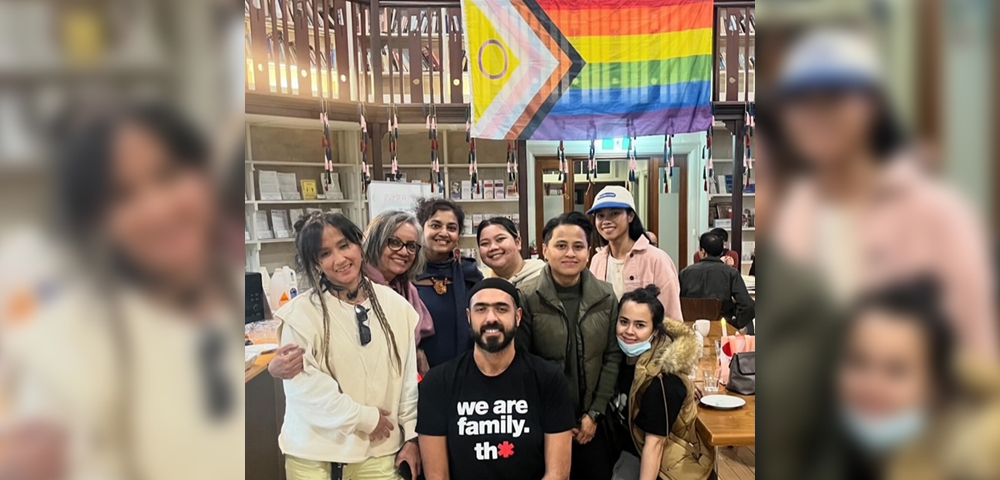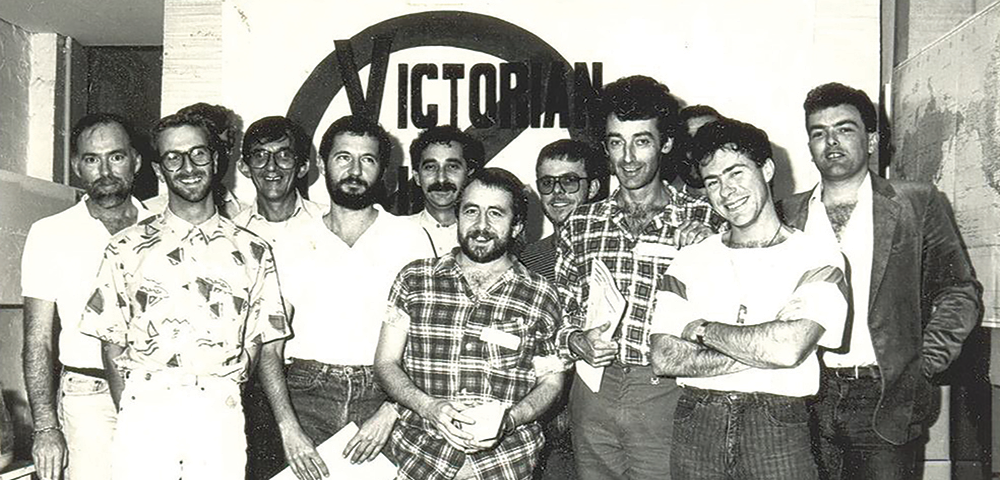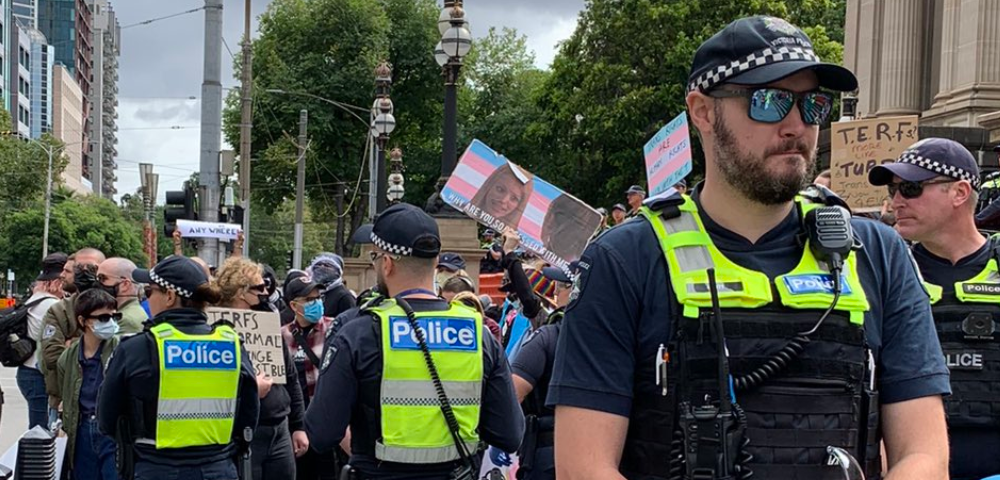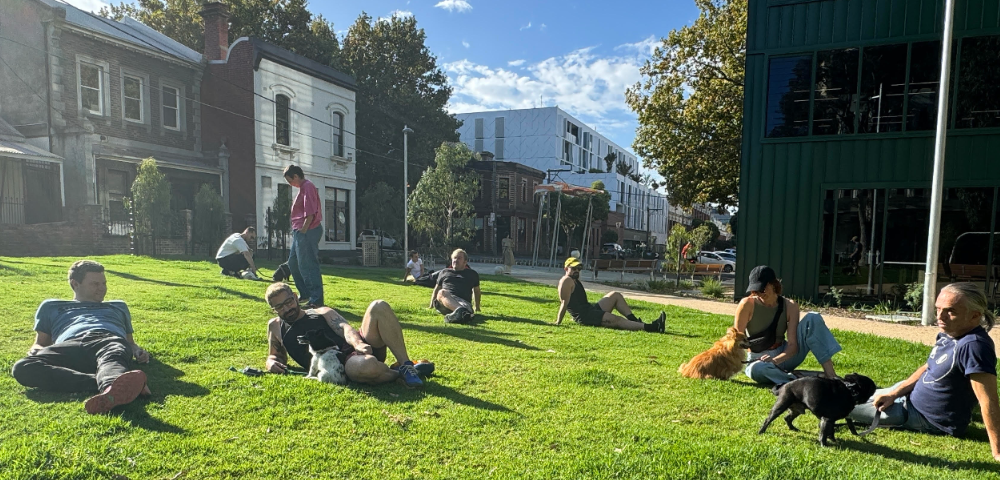
Victoria launches “historic” intersex resources for health services and families
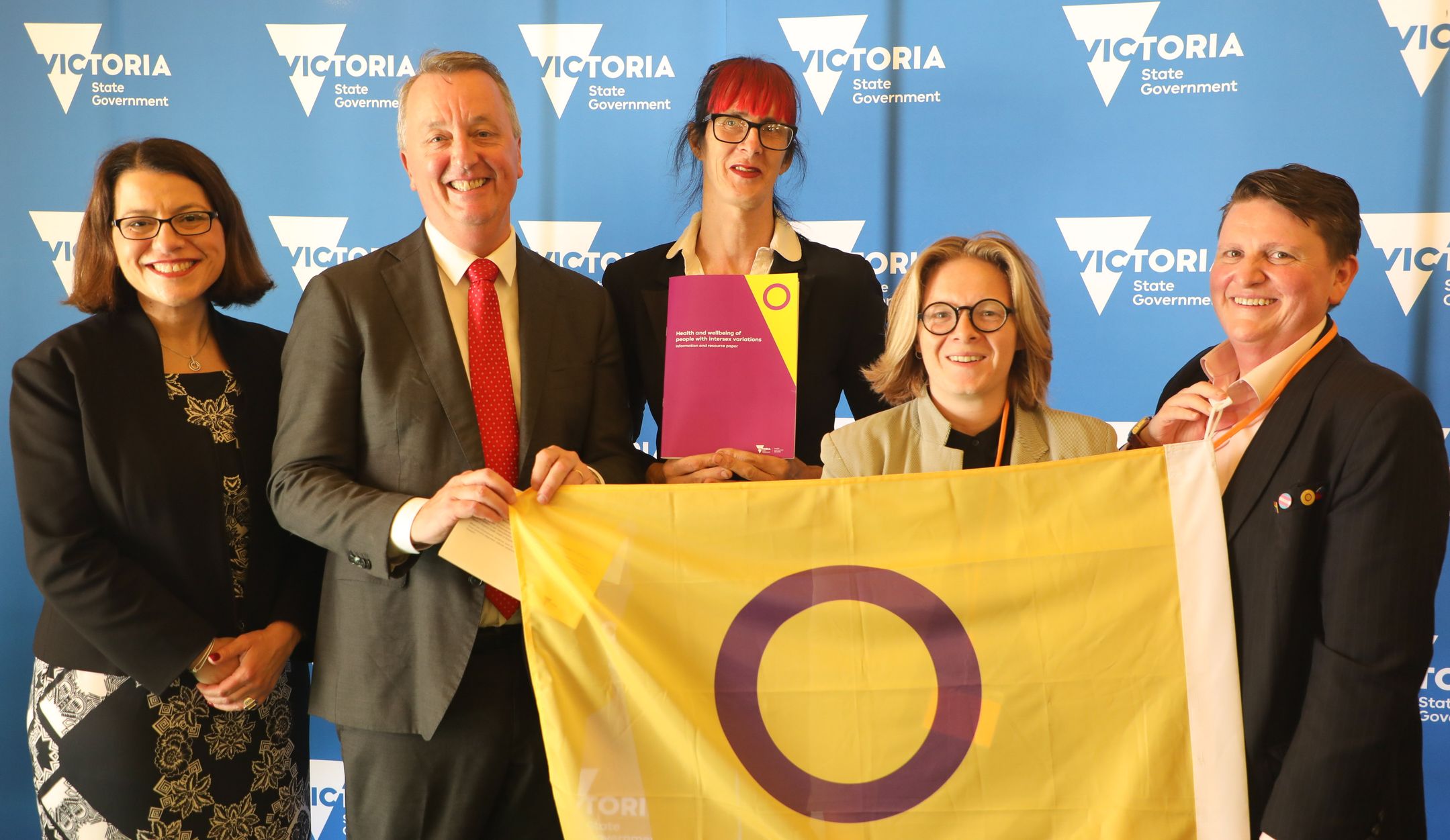
The Victorian Government has launched a suite of intersex resources for health services and the families of people with intersex variations.
Announced on Thursday afternoon by Minister for Equality, Martin Foley, the resources will provide information to support health services in the development of programs and services for intersex people, and will help to educate parents with intersex children.
Foley said the resources were “not the end of the process but about building fresh conversations”, and announced that the state government would also invest $200,000 dollars in intersex-related projects to help fill the gaps in research and data.
The resources cover a range of areas – from law and policy to mental health and wellbeing – and highlight the harmful involuntary or coerced medical interventions being performed on young intersex bodies to erase their intersex traits.
They also help to explain intersex variations to parents and provide them with a step-by-step guide on decisions around treatment.
Intersex elder Trace Williams, who contributed to the resources, said Victoria’s intersex community was “indebted” to the state government.
“Today is an historic day, because it’s the first time any government in Australia has actually accepted documents like this, that have been formed by intersex people [rather than clinicians],” she said.
Intersex people are born with physical or biological sex characteristics that don’t fit binary ideas around male and female bodies.
There are at least 40 kinds of intersex variations and according to experts up to 1.7 per cent of the population are born with one or more of them.
Some intersex traits are visible at birth while others might not be apparent until puberty.
Williams said her own story was complex, and that when she was born, she was labelled an ‘it’.
“I even have birth cards for my family at the time that state on them ‘sorry Howard [my father], you got an it’,” she said.
“I don’t want to see intersex people in Victoria, in this country, and around the world not respected as individuals. They’re not respected as human beings in many parts of the world, and are seen as sub-human.
“But it’s people like the Victorian Government who are starting to get things done, and are showing the intersex community that they care.”
The resources were developed with the Department of Health and Human Services’ Intersex Expert Advisory Group, which includes intersex advocates, health professionals, and legal and human rights advocates.
In 2017, intersex advocates in Australia and New Zealand published the Darlington Statement, a list of key priorities for the intersex community, including legal reform to recognise bodily autonomy, effective rights-based oversight of clinical decisions, and access to affirmative heath care.
To access the intersex resources, visit: www2.health.vic.gov.au.




